Can You Have Both Medicaid & Private Insurance?
Medicaid is a countrywide government program designed to assist low-income residents with access to affordable healthcare options. It has been adjusted to reach more people through the introduction of the Affordable Cares Act in 2010. Eligibility is based on many factors that vary state by state with a common goal of providing benefits to low-income individuals and families that need it most.
Because Medicaid eligibility is significantly based on income level, having private insurance will not restrict Medicaid benefits. Many people receive private health insurance that still earns wages too low to cover premiums and other private health insurance aspects through their work. Combining your existing health insurance plan with Medicaid can bring costs to a manageable state and often broaden your coverage.

How Medicaid Works With Private Insurance
If you are already enrolled in private health insurance, Medicaid benefits are applied a little differently. While each state has its policies and eligibility requirements associated with Medicaid, individuals struggling to pay premiums can often combine their existing health insurance plan with Medicaid.
Once you have had a visit with your doctor or hospital, the benefits department’s coordination determines which of your health insurance plans will be billed for the services. Typically, Medicaid is only charged once the coverage from the private insurer has reached its limits.
Medicaid will then allocate money towards the premium payment and disperse these funds to the individual each month in a check. Listing Medicaid as your primary health insurance provider while also being enrolled in a private health insurance plan will often delay billing. It can cause other issues that can delay benefits. Because Medicaid always is the second-payer option, listing it as such will ensure bills are sent to the correct spot and benefits continue as usual. More information can be found here: Coordination of Benefits & Third Party Liability | Medicaid
Eligibility For Medicaid With Private Insurance
Medicaid is available to all U.S citizens who are needy and cannot afford proper or affordable health insurance. Even if you are already enrolled in your own or family’s private health insurance, you may still qualify for Medicaid benefits. This is perfect for individuals who are given health insurance from their employer but are still struggling to make ends meet.
Eligibility requirements to receive benefits from Medicaid, as mentioned before, can vary state wildly by state with a few overlap criteria. If your annual income is 200% or less of the Federal Poverty Line guidelines, your application for Medicaid will typically be accepted despite having private insurance.
New income requirements outlined in the latest Affordable Cares Act allow a more comprehensive range of people to be eligible to receive Medicaid. Researching eligibility requirements specific to your situation can be done through your residing state’s health department. Benefits for individuals solely using Medicaid as their primary insurance provider can receive different coverage than those with additional private insurance. Even if you are unsure if you qualify for Medicaid, it doesn’t hurt to apply, and it may help you in the long run.
What is Private Insurance?
Employers offer private health insurance plans to all employees that work full-time, although employees are not required by law to enroll in their employer’s health insurance plan. These private insurance plans require the employee to pay a monthly premium for each employee’s services as an individual or family. This amount owed can range greatly depending on the plan. Once an employee has decided to enroll in their employer-sponsored plan, individuals receive a health insurance card to access doctors and other medical professionals included in the insurance plan.
Private insurance plans refer to any insurance company that is not state or federally funded, such as,
- Blue Cross & Blue Shield
- UnitedHealth
- Kaiser Foundation
- Humana
- CVS Health
Public insurance plans are offered from organizations sponsored by state or federal funding which is allocated to low-income individuals and others that meet specific criteria; examples of public insurance programs are most notably,
- Medicaid
- Medicare Seniors & Medicare and Medicaid Enrollees | Medicaid
- Children’s Health Insurance Program (CHIP)
- Veterans Administration
- TRICARE
Take Advantage Of Affordable Healthcare Plans
The simple answer to the question of “can you have both Medicaid and private insurance?” is a resounding “YES”! Medicaid is given to low-income U.S citizens in need and will not be disputed due to already enrolled in a private health insurance program. Private health insurance premiums can still be very costly and out of reach for many low-income families.
Combining benefits from your existing private health insurance plan with Medicaid can significantly reduce premium costs and open up a more comprehensive range of coverage options. Taking advantage of the state and government-funded assistance programs in your state can relieve unneeded stress regarding health care. Be sure to check your state’s regulations on combining Medicaid benefits with those provided by your existing private insurer to ensure all the necessary steps have been completed and eligibility criteria have been met. At StandUp Wireless, we offer qualifying customers free wireless service as part of the Lifeline Government Benefit Program. To start enjoying these benefits, apply for Lifeline today! Free Cell Phone Service With Government Program | StandUp Wireless



